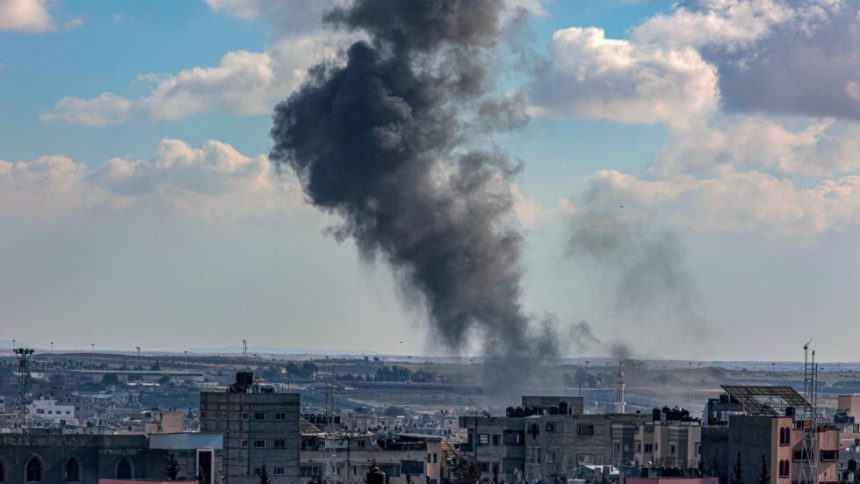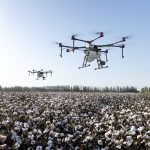The Israeli Assault on Rafah, a densely populated city in the southern Gaza Strip, has once again brought to light the ongoing conflict in the region. With historical tensions and recent escalations, the consequences of such attacks are far-reaching and devastating.
Understanding the Israeli Assault on Rafah
Historical Context
Rafah has long been a flashpoint in the Israeli-Palestinian conflict, with its strategic location bordering Egypt and Israel. Decades of territorial disputes and military operations have left the city vulnerable to violence and instability.
Recent Events Leading to the Assault
The recent escalation began with clashes between Israeli forces and Palestinian militants, leading to airstrikes and ground incursions into Rafah. The cycle of violence has escalated rapidly, resulting in widespread destruction and loss of life.
The Situation in Rafah
Geopolitical Significance of Rafah
Rafah’s location at the crossroads of Egypt and Israel makes it a crucial point for trade and transit. Additionally, its proximity to the Gaza-Egypt border makes it a focal point for smuggling activities.
Humanitarian Crisis
The assault has exacerbated an already dire humanitarian situation in Rafah, with reports of civilian casualties and extensive damage to infrastructure. Access to essential services such as healthcare and education has been severely limited, further compounding the suffering of the local population.
Consequences of the Assault
Loss of Lives and Injuries
Civilian casualties have been tragically high, with reports of innocent men, women, and children being killed or injured in the crossfire. Human rights organizations have raised concerns about the disproportionate use of force and violations of international law.
Psychological Effects
The psychological toll of the assault cannot be understated, with many residents experiencing trauma and post-traumatic stress disorder (PTSD). Children, in particular, are vulnerable to long-term psychological damage, having grown up amidst violence and conflict.
International Response
Condemnations and Calls for Action
The international community has condemned the assault on Rafah, calling for an immediate cessation of hostilities and a return to dialogue. World leaders have issued statements expressing solidarity with the victims and calling for accountability for those responsible.
Diplomatic Efforts
Efforts to broker a ceasefire and resume peace talks have been ongoing, with diplomatic envoys from various countries working to de-escalate the situation. However, progress has been slow, and the cycle of violence shows no signs of abating.
Media Coverage and Public Opinion
Role of Media in Shaping Perceptions
Media coverage of the assault has been polarized, with some outlets highlighting the plight of civilians and others focusing on the military objectives of the operation. Social media has played a significant role in shaping public opinion and mobilizing support for victims.
Public Outcry and Solidarity Movements
Around the world, people have taken to the streets to protest the assault on Rafah and show solidarity with the Palestinian people. These grassroots movements demand an end to the violence and a just resolution to the Israeli-Palestinian conflict.
Rebuilding and Recovery
Humanitarian Aid Efforts
International aid organizations have mobilized to provide emergency assistance to the people of Rafah, delivering food, medical supplies, and shelter to those in need. However, the scale of the crisis requires sustained support and long-term investment in rebuilding efforts.
Long-term Reconstruction Plans
Rebuilding Rafah will require a comprehensive approach that addresses not only the physical infrastructure but also the social and economic fabric of the community. Investment in education, healthcare, and job creation is essential for the city to recover and thrive.
Conclusion
Moving forward from the tragedy in Rafah will require a concerted effort from the international community to address the root causes of the conflict and promote dialogue and reconciliation. Only through sustained diplomacy and a commitment to peace can we hope to prevent further bloodshed and build a better future for the people of the region.
FAQs
What sparked the Israeli assault on Rafah?
The assault was sparked by escalating tensions between Israeli forces and Palestinian militants, leading to airstrikes and ground incursions into the city.
What role does Rafah play in the Israeli-Palestinian conflict?
Rafah’s strategic location and proximity to the Gaza-Egypt border make it a focal point for military operations and territorial disputes between Israel and Palestine.
How has the assault affected civilians in Rafah?
Civilians in Rafah have borne the brunt of the assault, with reports of widespread destruction, loss of life, and limited access to essential services.
What is the international community doing to help the people of Rafah?
The international community has condemned the assault and mobilized humanitarian aid efforts to provide emergency assistance to those affected by the crisis.
What can individuals do to support the people of Rafah?
Individuals can raise awareness about the situation in Rafah, donate to reputable aid organizations, and advocate for a peaceful resolution to the Israeli-Palestinian conflict.










